What Are Botanical Extracts Benefits in Feed?
In the era of feed health, people are more concerned about antimicrobial drug residues in livestock products, and the European Union has banned antibiotics as feed additives. Plant extracts are widely used in livestock and poultry feeds as a new type of antibiotic substitute because of their antimicrobial effect, not easy to produce drug resistance, no harmful residues, safe and efficient, plant extracts as feed additives have both nutritional and medicinal dual role.
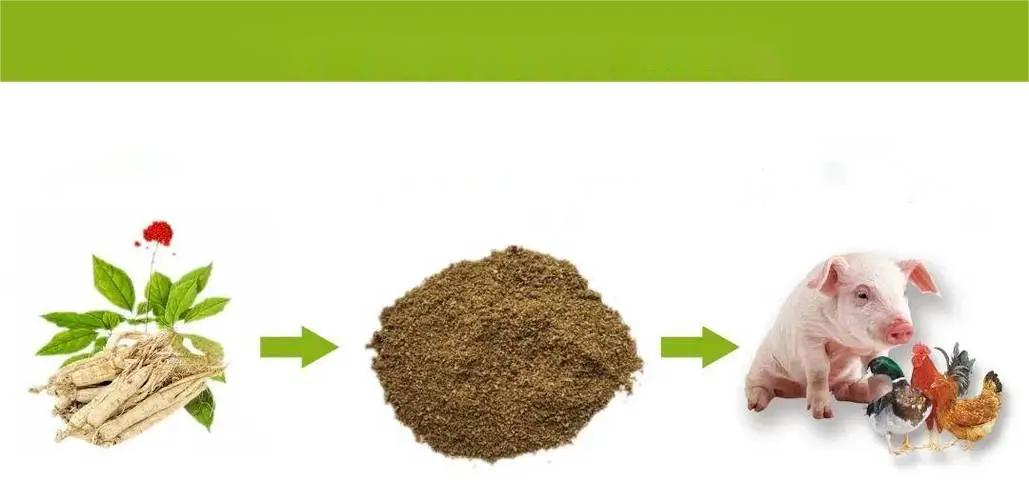
What Is a Botanical Extract? What Are Botanical Extracts Benefits in Feed?
Botanical extracts refer to substances originating from plants with one or more biological functions, these active substances are mostly secondary metabolites of plants in the process of growth and development and are also the material basis of biological functions as feed additives. The chemical structure of their active ingredients often contains phenols, ethers, terpenes, ketones and other groups. These botanical extracts can be added to the feed to improve the performance of livestock and poultry production, improve the quality of livestock products, enhance immunity, prevention of certain animal diseases and other roles.
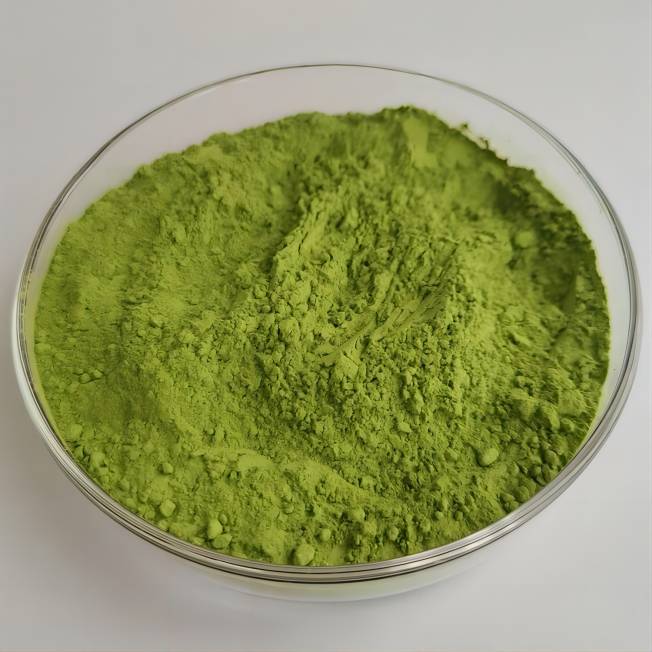
I. Promotion of Animal Growth
Plants are rich in saponins and flavonoids bioactive components, which can enhance the body's immune function and promote the growth and development of animal immune organs. It has been found that adding Ginkgo biloba extract to cereals can promote the growth of broilers, improve feed utilization, reduce feed-to-weight ratio, enhance immunity, and improve the barrier function of chicken intestinal mucosa; adding Acanthopanax spicata extract to diets can improve the total serum antioxidant capacity and the stress resistance of weaned lactating calves, enhance immunity, reduce the rate of diarrhea, and inhibit the reproduction of harmful intestinal flora, which can be used as a substitute for antibiotics.
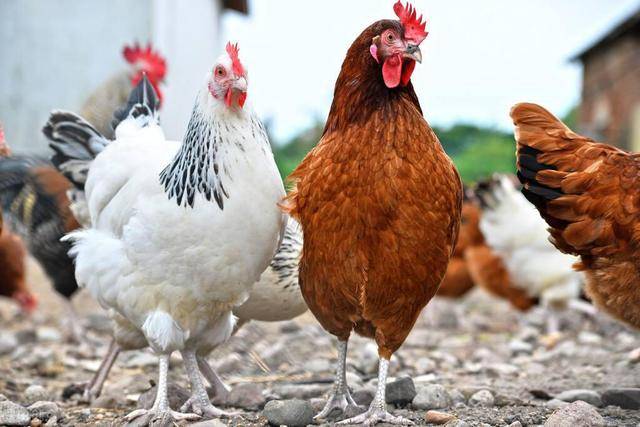
The Growth-Promoting Mechanisms of Plant Extracts May Include the Following:
1. Improve the palatability of feed to increase animal feed intake.
Research shows that adding the sweet orange extract to weaned piglets' ration can significantly improve the palatability of feed, increase the feed palatability, and increase the feed intake of piglets.

2. Botanical extracts can increase the secretion and activity of endogenous enzymes, improve the intestinal microflora and increase the utilization rate of feed nutrients.
Research shows that adding a certain amount of plant essential oils to broiler feed rations can promote the secretion of endogenous enzymes such as amylase and improve the activity of digestive enzymes in the intestine, thus changing the morphology of feed in the intestine, for example, it can reduce the viscosity of surimi, improve the digestibility of the nutrients in the feed, and increase the absorption of nutrients; at the same time, the plant extracts can improve the intestinal microflora, and the study shows that adding Plant essential oils can reduce the number of Clostridium perfringens in the intestinal tract and promote the colonization of beneficial bacteria such as lactobacilli and bifidobacteria.
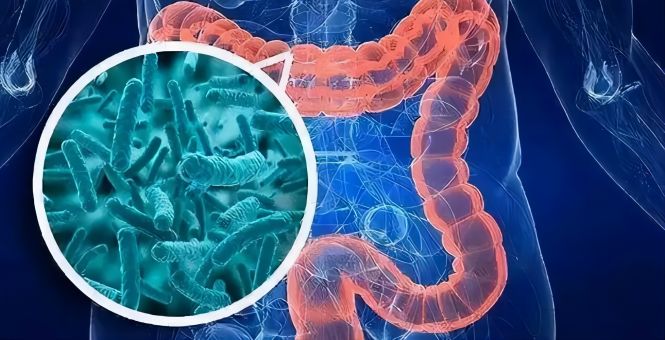
3. Influence the conversion and utilization of nutrients in the body after absorption and increase the conversion of energy for growth.
The addition of 100 g/t of a mixture of plant extracts containing 5% carvacrol, 3% cinnamaldehyde and 2% capsaicin to a corn-soybean meal type ration significantly increased the body weight gain of broilers, improved feed utilization, increased carcass energy retention and reduced calorie loss. This was mainly due to the ability of the plant extracts to increase the efficiency of energy conversion in broiler diets in the organs, i.e., the plant extracts reduced the energy used for maintenance in broilers and increased the net energy produced, which in turn improved animal performance.

4. Regulates the secretion of growth-related hormones and promotes the improvement of animal production performance.
Insulin-like growth factor (IGF) promotes faster intestinal development. It was found that adding 0.01% of additives containing thymol and cinnamaldehyde to weaned piglets' diets could significantly increase the plasma content of IGF-1 in weaned piglets, and at the same time, the body weight gain of weaned piglets was also significantly increased, and the production performance was improved.
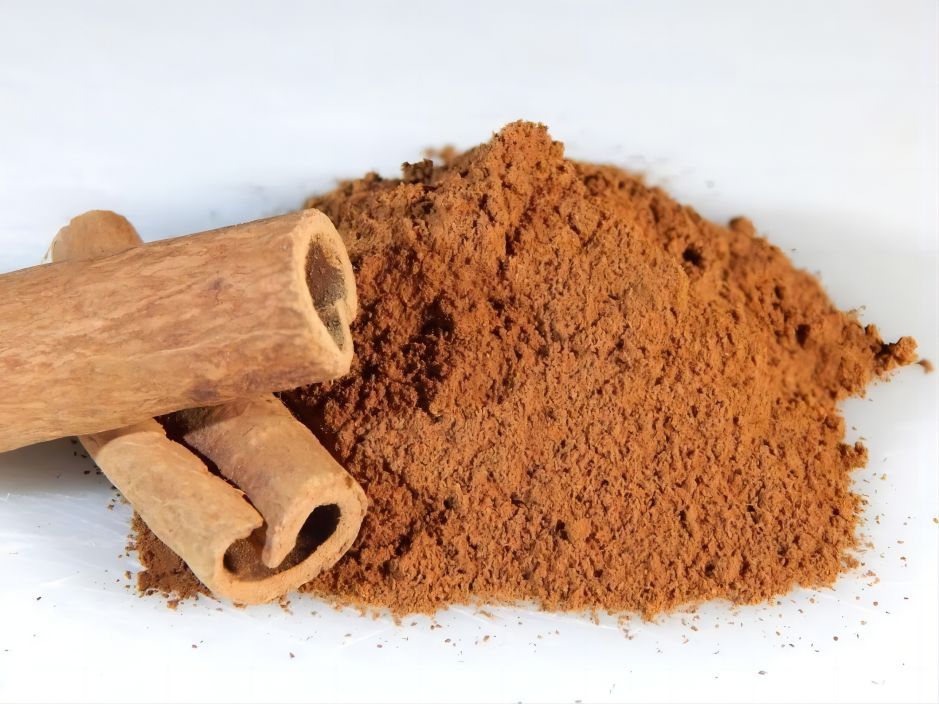
II. Anti-microbial effects
1. Antiviral Effect
Antiviral effects mainly include blocking the adsorption, penetration, replication and maturation of viruses in a certain part of the reproduction process, so as to achieve the purpose of anti-viral infection. At present, the mechanism of the anti-influenza virus is more clearly studied through components of two types of botanical extract active ingredients: one is polyphenols, research has proved that it can inhibit the influenza virus protein and RNA synthesis, but also inhibit the adsorption of the influenza virus; the other is the flavonoids, which can inhibit the influenza virus salivary acid enzyme activity and the role of the fusion of membranes.
2. Antibacterial Effect
The antibacterial effect refers to the body can be through the destruction of bacterial cell walls or inhibit bacterial DNA synthesis and so on to play a bactericidal, antibacterial effect. Studies have shown that the essential oil extracted from oregano leaves can inhibit special pathogenic bacteria such as salmonella in food.
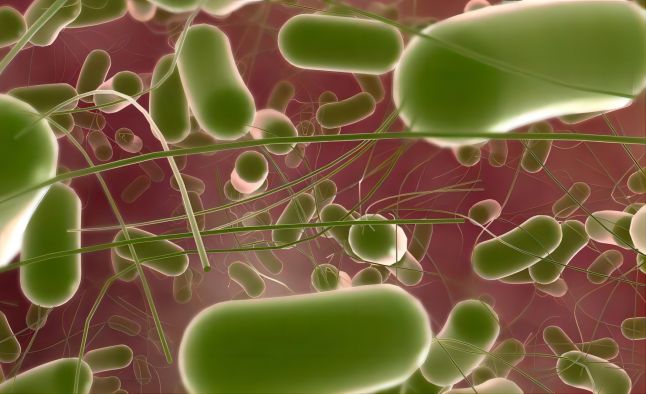
3. Antiparasitic Effect
Eimeria brunetti can cause coccidiosis in chickens, which is serious harm to the chicken industry. The main ingredients of Clearing Dampness and Killing Worms Cream are Huanglian, Changshan, Shengdi, Astragalus, Hawthorn, Angelica sinensis, Cangzhu, Bitter ginseng, Insecticola, Neem Peel, etc. It can remove heat and dampness, kill worms and inhibit eggs, cool the blood and stop bleeding, tonify qi and blood, and eliminate food and strengthen the stomach and achieve outstanding results in the prevention and treatment of Eimeria coccidiosis.
Ill. Improve Feed Quality
Natural plants are rich in a variety of nutrients, which can be added to the feed to balance the nutrient content and ratio of feed, such as protein, amino acids, sugar, starch, fat, minerals, vitamins, macronutrients and trace elements. Some natural plants can also correct the taste of the feed, increase the aroma and deodorization, prevent the feed from spoiling and prolong the shelf life of the feed, such as catechu, hibiscus bark, peppercorns, white peppercorns, paprika and so on. There are also some natural plants with antibacterial functions, such as honeysuckle, forsythia, big green leaf, blue root, fritillaria, dandelion and so on.
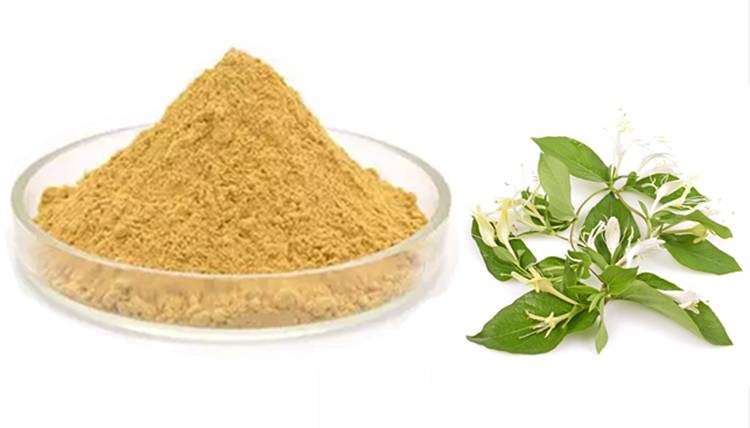
Studies have shown that plant extracts applied in animal rations have a variety of biological functions such as antioxidant, scavenging excess free radicals in the body, alleviating oxidative stress, increasing the secretion of endogenous enzymes in the digestive tract, decreasing the viscosity of chow meal, increasing the utilization of nutrients, and improving the performance of production, etc.; the addition of saponins, tannins, and other plant extracts in the ruminant diets also reduces the production of rumen methane and improves the utilization rate of nutrients.
Iv. Improving the Quality of Livestock Products
Some active ingredients in natural plants can be deposited in animal products, thus improving the quality of livestock products. Adding pine needle powder and garlic to pig diets makes pork more tender and tasty; adding garlic and pepper to chicken diets can promote chickens' appetite, enhance disease resistance and improve meat quality; adding seaweed powder to laying hens' diets can increase the iodine content of eggs and deepen the color of egg yolks. It was found that adding sea buckthorn residue to feed can significantly improve the nutrition and color of egg yolks. Adding astragalus extract to laying hens' diets can improve laying performance and egg quality.
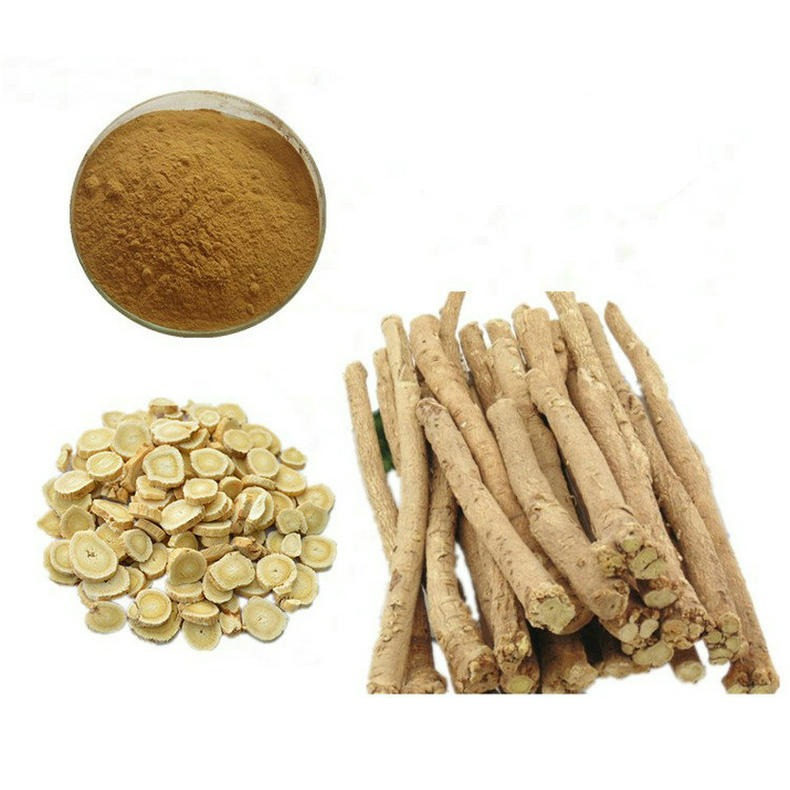
V. Enhancing Immunity
Cellular immunity is an important immune response mediated by T cells, which can resist infection by intracellular microorganisms such as viruses and bacteria proliferating in the host cells. Some studies have shown that plant extracts such as Astragalus, Codonopsis, Atractylodes macrocephala, and Epimedium have a beneficial effect on the formation rate of chicken lymphocyte wreaths (ERFC) and the conversion rate of peripheral blood lymphocytes. The immune organs of the body include the thymus, bursa, spleen, lymph nodes and so on, and their conditions directly affect the immunity of the body. It is found that astragalus polysaccharide and shiitake mushroom polysaccharide can promote the development of the spleen, thymus and other immune organs.


 English
English French
French Spanish
Spanish Russian
Russian Korean
Korean Japanese
Japanese





